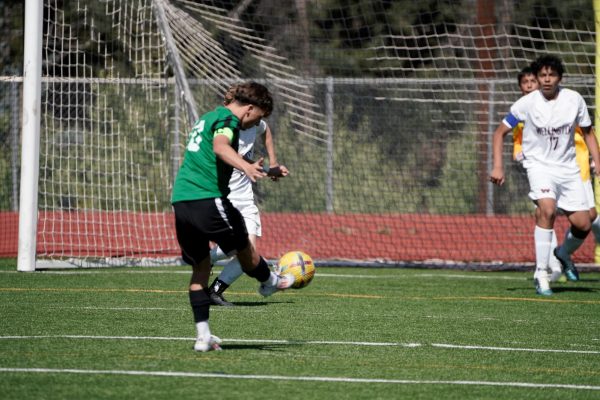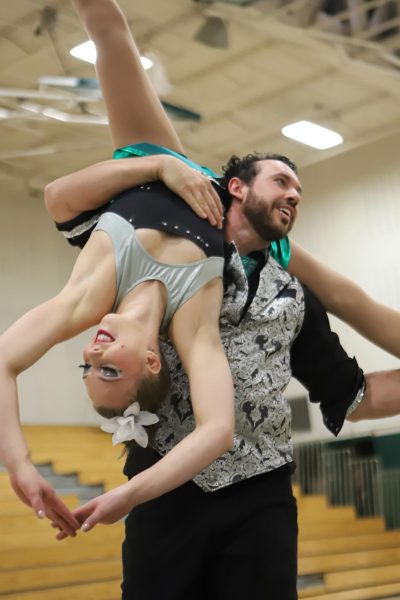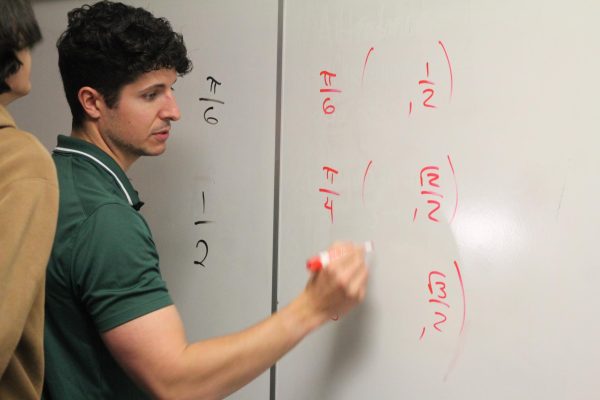Thomas Palmatier: Advice From A Professional Musician
Thomas H. Palmatier is a professional musician, who Conifer students found out about through band and orchestra teacher Mr. Cartner. Palmatier has performed, conducted, and taught for many years.
“I started trumpet lessons in 1961. A few years later I switched to tuba. I have performed professionally as a low brass player, singer, and string and electric bass player in addition to performing as a conductor,” Palmatier said.
This was only the beginning of Palmatier’s career. As an adult, life took him in a different direction.
“I was in the Army for nearly 38 years. I was lucky to be inspired to be both a Musician and a Soldier. Every day of those years, I was excited to be one or the other, and most days I was excited to be both. Now, being an active music educator is what keeps me going.”
With his years of experience, he has much he would say to aspiring musicians of all ages.
“I always stress that the conductor or teacher doesn’t make music- the musicians do. The responsibility for working hard and doing your very best is on the musician. In how many other endeavors are students told, ‘You are the most important person in this room!’ and have it be true?” Palmatier said.
Music is a competitive business, but that shouldn’t discourage musicians. According to Palmatier, Being a professional musician is worth the effort, according to Palmatier.
“First, be honest about how you stack up against others. There will always be someone better than you, but are you truly competitive to be successful? Listen to others and be willing to adjust your goals. I once took a tuba audition and played my very best, but finished second. After that, I changed course and decided my path would be to inspire and lead others, not just perform myself. Second, if you major in music in college, don’t get a performance degree! You will get just as much ‘music’ as a music education major but gain other skills as well. Over 90% of the students getting performance degrees are not going to get a full-time performing job. Third, there is no substitute for productive time in a practice room. Natural talent may let you be successful until your early teens perhaps. After that, it’s only through many hours of focused practice and private lessons that you can improve. Harry Watters is one of the finest jazz trombonists in the world and everything seems effortless to him. When I was Leader and Commander of The U.S. Army Band ‘Pershing’s Own,’ I would often be working in my office late at night. I’d hear Harry practicing, fine-tuning the basics, for hours every night. There’s no shortcut to success in any profession,” Palmatier advises.
Above all else, Palmatier is driven by his passion for music.
“Being able to make a living performing music is an incredible gift, one that few are offered,” Palmatier said. “Through your profession, you can touch people’s souls and make their lives better. How cool is that?”









